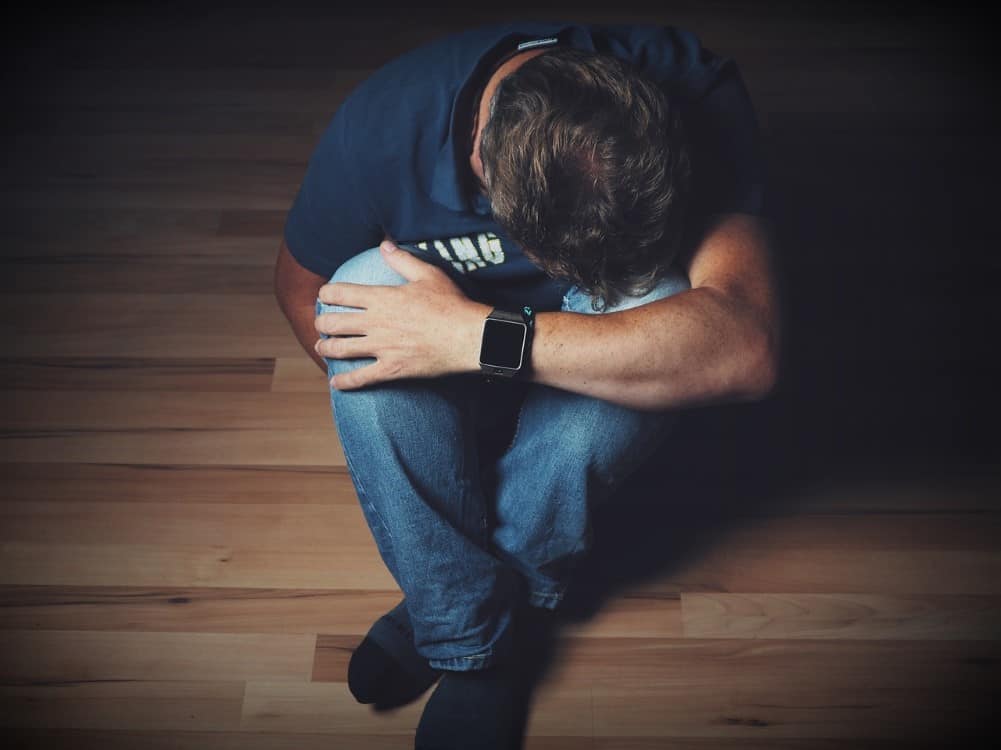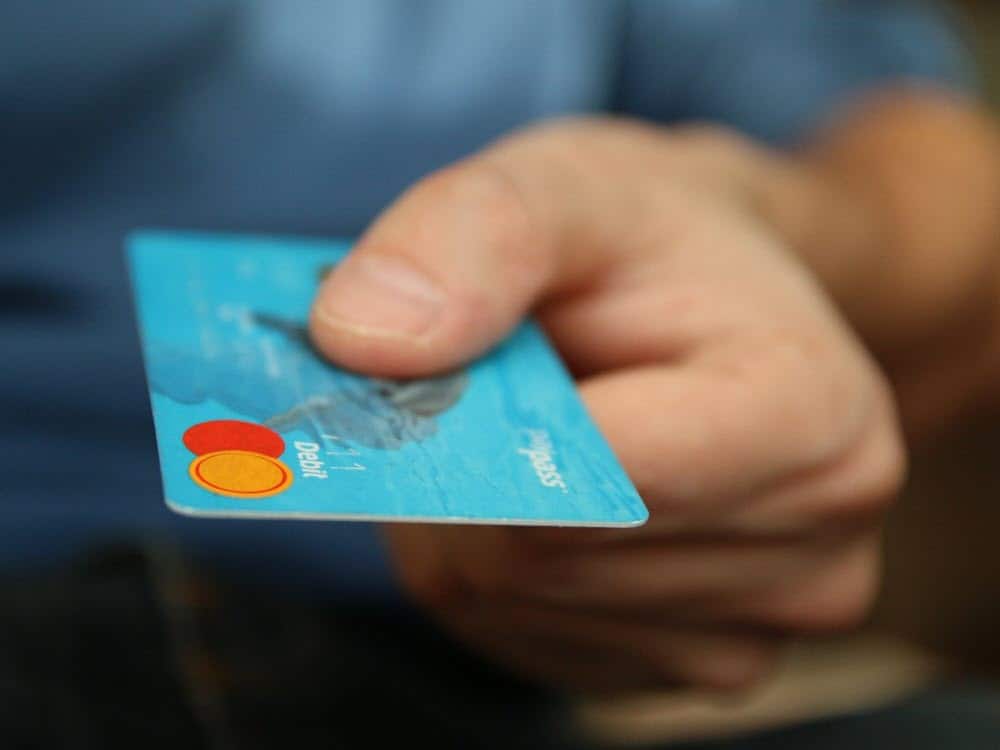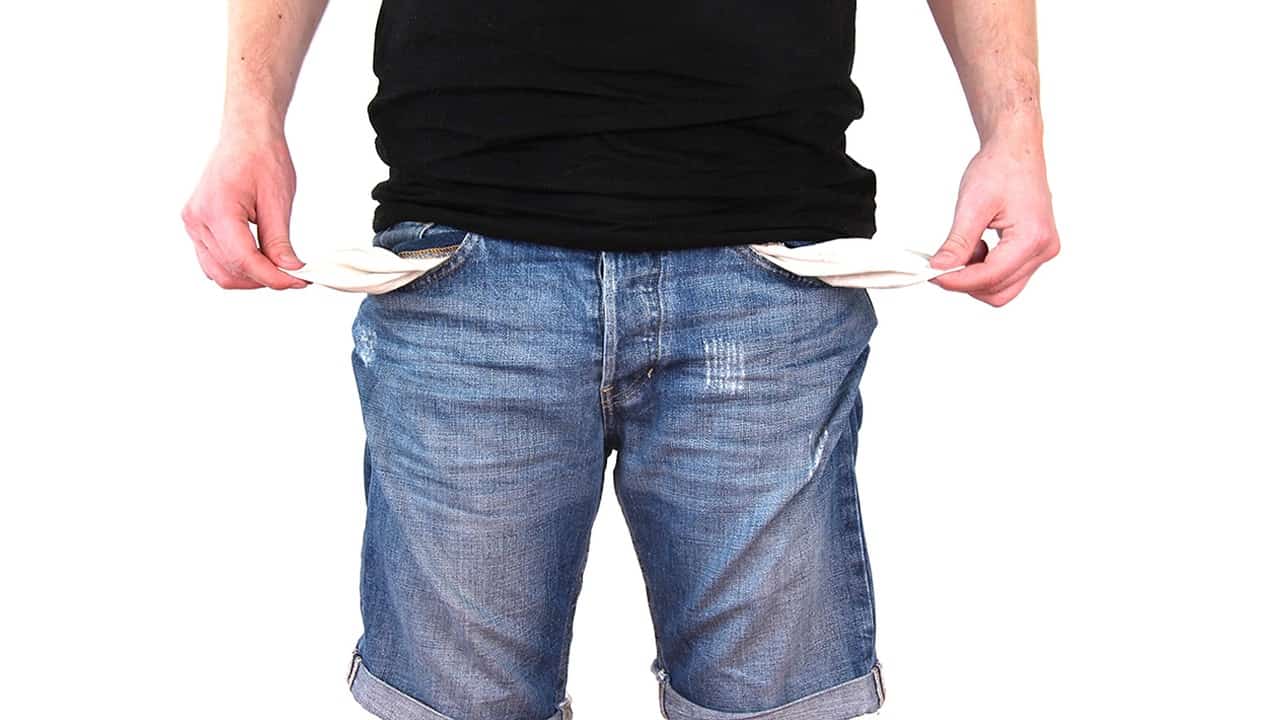
by Nick Sturgeon | Oct 17, 2019 | Debt
Opening a letter from a utility company to find a higher bill than you are expecting can have a dreadful impact on you. It might literally make your throat go dry, cause your heart to race, or make you feel weak at the knees for fear of being unable to pay it.
Receiving a medical bill or an insurance charge for something that you needed, but which you put onto a credit payment, or long term finance package, can really hurt you emotionally. It can have such a negative impact on you as to remove any of the originally intended good that came from the procedure, the treatment or the remedial work that was so necessary at the time of purchase.
Hiding a debt from a partner will cause you to behave out of character, to lie or to pretend that things are well, while all the time the dark presence of the debt is draining you of energy, of vitality and of being your real self. Eventually they will see through you and get a glimpse of the burden you are trying to carry on your own. Don’t hide your debt. Recognise it, calculate the value of it, and above all, learn to talk about it.
Each letter, each unidentified call to your mobile phone, is another source of anxiety and of fear taking a grip on you. The shame and pain of carrying secret debt can manifest into high blood pressure, anxiety, depression and even thoughts of a suicidal nature. It can rob you of sleep, of good health, and of personal happiness for the sake of carrying with you the worries, the fears and the torment of being out of control with our finances. Being in debt can be painful and unpleasant.
It is also completely unnecessary. Yes, you don’t need to live like this or to put up with ongoing debt. You have the chance to fight back and to begin - slowly and steadily at first - to take back control of your money matters.
Recovery from debt requires effort and patience, but it also needs your commitment to the fight. Every day you have a choice about whether you take on new debt or focus on clearing the debts you have. It takes courage too. You cannot get rid of a problem until you have first acknowledged and accepted your role in letting it happen.
So let’s accept where you are with the debt, and begin the process of tackling it. How do you do this best? By dealing with the problem one Pound, or Euro or Dollar at a time.

by Nick Sturgeon | Oct 17, 2019 | Debt
There is a future place for you where you will have no debt. Think about this for a minute. There is a place where you will have no debt.
In that place you will be so proud of yourself for what you have accomplished and for the journey you have made to reach the place of being debt free. You will recognise it when you arrive like a harbour after a long sea voyage and it is just what you expect it to be, a safe place.
This is a place where - before you open them - you know already the content of the letters from your energy suppliers, from your house lender, from your car dealer, from your insurance company. These letters are simply telling you that your account is settled, that your balance is just what you expect to be. Such letters are simply confirming what you know - that you have no unwanted debt.
This does not mean you will be without loans at all or that you owe nothing to anyone. It means that there are no more surprises in the form of uncalculated interest. No late fees or the shock of finance charges. You will know what is owed and that you are in control of your money.
What will 'sorted' feel like?
Being debt free is a good place to be. It is the place to aim for and to set as your personal target destination. Knowing that there are no financial surprises you cannot cope with will give you peace of mind.
There will always be an unexpected car bill, or some household maintenance that comes with a change in seasons. There will sometimes be accidental damage. However, knowing that you have money available for such things means that they do not shock you and they absolutely cannot hurt you.
Take a moment to reflect on how you felt when you were not struggling with debt and the thoughts you had then. Can you recall situations where you coped well with your finances and the management of your money? Consider what these situations were like and the feeling you had of being in control, of having your finances in order. Any time you feel panic or worry about your financial circumstances, try to recall the times when all was ok and to know that you can get yourself back to that place. If you are prepared to work, to accept this will take time and to begin acquiring new habits around money, then you can get to the place called ‘Debt Free’.

by Nick Sturgeon | Oct 17, 2019 | Debt
It can be the simplest thing. We might be late into work one day and have to take a taxi because there is no public transport. We borrow £20 for the taxi from a neighbour or family member and promise to repay it next week on payday. But we forget to pay it back or we pay late.
We are driving in the car and get a flat tire from an old nail that causes the puncture. So we pull over at the garage and get the tire replaced. This costs £40 for the tire and another £20 for the labor involved in fitting it. So we pull out the credit card and charge the new £60 debt to the finance company, with the full understanding that we will cover it at the end of the month when the bill is due to be settled.
You are in town doing some shopping and some window browsing. A new shirt in the window of the clothing store just calls out to you as you are browsing, and you have to go in and take a look at it. You know you are not going to buy it, as it costs £35 because it looks so good. You justify the cost of this against the potential benefits. Your partner will certainly think you look more gorgeous in it, your employer will consider you a better candidate for the next round of employee promotions, and you could even wear it casually for a dinner party. And so the excuses come into your head until you walk out of the shop with it charged to your debit card and the money gone forever from your bank account.
What you want versus what you need.
You wanted to get the taxi to avoid being late for work. Yet you could have set your alarm, got up on time and have used your transport card which already gives you good value access to the bus and the metro system in your town.
You needed the new car tire because that really is a genuine expenditure you had to cover. Your car gets you out and around the area, and it serves as good transport for the family.
The shirt you wanted, but did not need. You have enough existing clothes in your home wardrobe that you could wear a different shirt every day for 3 weeks and all of them are quite good enough for your partner, for a work meeting or for a dinner with friends. You wanted it, you had no self-control and you wasted £35 that should have stayed in your account. You acted impulsively when you had no plan for spending on your wardrobe.
There simply comes a moment where our debt impacts our lives negatively. You need to recognise that moment when it arrives and acknowledge that you want to fight to do something about it.

by Nick Sturgeon | Oct 7, 2019 | Debt
This is not a club that promotes the benefits of membership or invites other people to join. It is a secret place where people sit on their own, suck their thumbs or cry into their coffee, waiting for something to change. It is a club where the hard-luck story is the dominant one, where we might imagine that our own situation is worse than another person’s. But hear this, it is not a place to stay, it is not a place to tell people about and do nothing.
To get out of debt requires steady action every day. I can't promise you when you will be out of debt as the amount you owe will be different from the debt of your neighbour or a work colleague or someone within your study group. Most of the time we each suffer in silence with debt, making a bad job of dealing with it. Debt is easy to pile on. It requires work and effort to get rid of.
I can tell you now that no amount of worrying about your debt, or your feelings about having it, is going to make it go away. But I will show you within these pages plenty of ways that you can define it, start to tackle it and then to begin the process of paying it off. The moment you can define it and measure it, your debt ceases to be in control of you and you have the chance to take back the reins for yourself.
It's not all about you!
Right now you may feel that this is your problem and your problem alone. This is completely understandable and when I had the heaviest of my own debt problems I actually made them worse by not discussing either the size of the financial problem or my own fears with others. Debt challenges can often become much more manageable when you discuss the issue with other people. So stop thinking this is just about you. A problem shared really is a problem halved. Get used to talking about your debt. I don't mean get used to complaining about the debt. Instead, talk openly about your money worries with people who can help you with advice, guidance and some moral support.
These days most towns will have at least one office or community forum where you can book an appointment and get help with the issues. Trying to tough it out, or face the problem on your own, is a real mistake. Get help and get it now. Your local authority will have a dedicated team of people whose main activity every day is talking to and working with individuals and families who are struggling in debt and worried sick with fear and stress.
Debt is one of the most significant causes of relationship breakdown. It adds hugely to personal mental health issues and in a very negative way. If you are unable to sleep for worry of debt, scared of who might be knocking at your front door to collect an unpaid bill, or of the post arriving through your mailbox, then now is the time to recognise you need to seek help.



